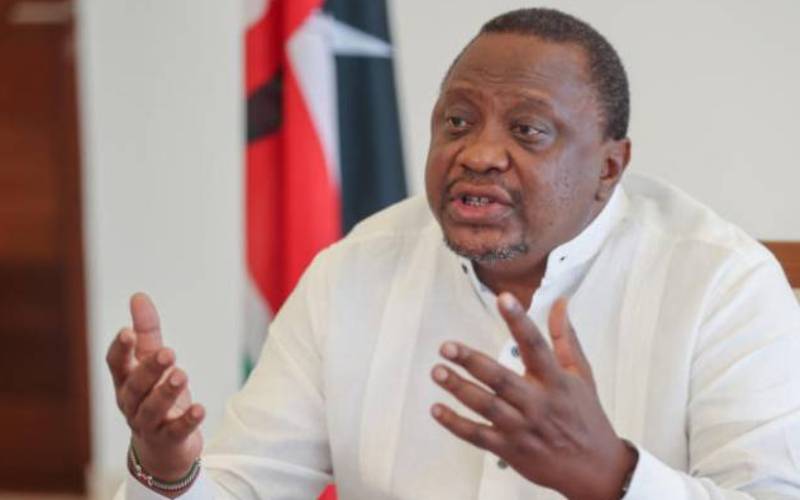×
The Standard e-Paper
Stay Informed, Even Offline

President Uhuru Kenyatta accuses Deputy President William Ruto of sabotaging his efforts to unite Kenya. [File, Standard]
President Uhuru Kenyatta on Monday, August 23, gave an interview to media editors.